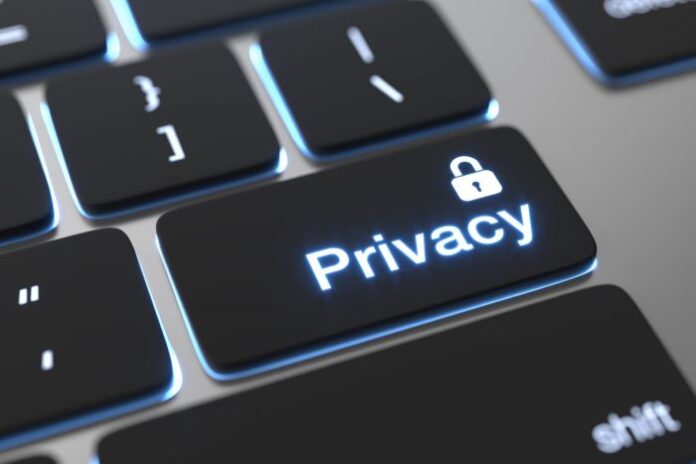The economy can gain from data-driven technologies, like social media and the Internet of Things (IoT). But they can also put people’s lives and freedom at risk. Cybercrime, data breaches, and online tracking happen every day. Targeted ads, government surveillance, and data misuse threaten our privacy.
This article will teach you about essential apps that can protect your online identity and communication. With these tools, you can get back in charge of your online life and safely enjoy the internet’s benefits.
Password Managers to Secure Your Login Credentials
In the past, users often fell into predictable patterns or wrote down passwords. This practice undermined the intended security benefits of password complexity. Nowadays, the NIST-recommended approach prioritizes password length over complexity. Passphrases are more secure than complex yet predictable combinations.
Personal or enterprise password managers can help in this area. They generate lengthy, unique passphrases for each account, reducing the need for memorization and minimizing the risk of dictionary attacks.
Password managers provide more than just storage. They offer features like secure password generation, automatic login, multi-factor authentication (MFA), and data breach monitoring for added security.
When choosing a password manager, consider security, features, ease of use, and cross-platform compatibility. Choose a solution with strong encryption, password generation, MFA, an intuitive interface, and compatibility across devices.
Encrypted Messaging Apps to Protect Your Communication
Communication security has always been vital, from ancient battles to today’s digital age. Smartphones and instant texts have replaced clay tablets and carrier pigeons, but the need for privacy is still there. Hackers are out there, and data leaks happen.
Encrypted messaging apps protect private information by scrambling messages using end-to-end encryption. This mechanism creates a digital barrier that only the sender and receiver can access.
Look for apps with safe encryption methods and/or open-source code. Disappearing messages and multi-device support are also important features to consider.
VPNs to Mask Your Online Activities
Every click in the busy digital world leaves a trail, which can make you feel exposed. About 64% of Americans have online accounts that hold information about their health, finances, or other private matters.
Virtual Private Networks (VPNs) let you move through the virtual environment privately. When you’re online, a VPN protects you from prying eyes by encrypting your data, making a safe conduit between your device and the rest of the internet. No one, not even your ISP, hackers on public Wi-Fi, or the government, can read your data with this protection.
When you use a VPN, you get better privacy by hiding your real IP address and making it look like you’re connecting from a different location. This protects your online behavior and browsing history and gets around geo-blocks. To choose a good VPN, explore the best VPN comparison table and pick one with robust encryption methods like AES-256, strict no-logging rules, a wide range of servers, and fast and secure connections.
Secure Browsing Tools for Safe and Private Browsing
Navigating the internet can be daunting, much like exploring the Wild West. With endless possibilities come countless risks, including malware that can damage your device and steal your data. Fortunately, secure browsing tools can help protect you from these threats.
You can prevent malware and data breaches using safe browsing tools, including privacy-focused browsers, ad blockers, and tracker blockers. It’s vital to choose tools that meet your needs and preferences and have advanced features that are easy to use. However, don’t overload your browser with too many tools, and always keep them up-to-date.
Remember, safe browsing tools are only one aspect of staying secure online. It’s crucial to follow safe internet practices, such as avoiding sketchy websites and being cautious when interacting with people online.
Conclusion
Technology changes quickly and gives you more power and ease than ever before. But these changes also bring safety and privacy risks. Use password managers, encrypted messaging apps, and VPNs to stay safe online. But you should be careful when picking them out. Keep in mind that secure internet tools aren’t perfect, and you still need to use the internet with awareness and keep yourself updated on the latest scams to lower your risks. Then, you should be fine no matter what you’re doing and where you are on the internet.















